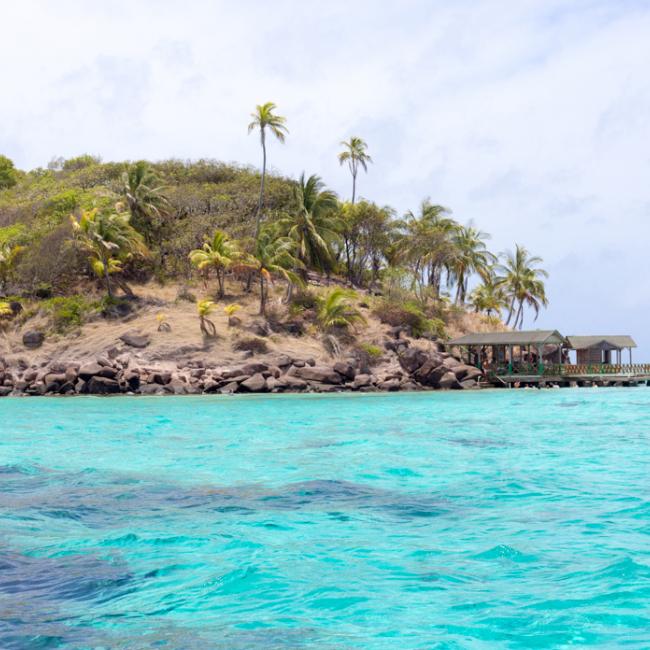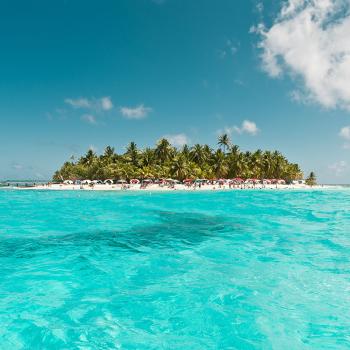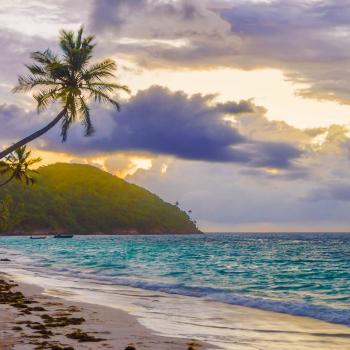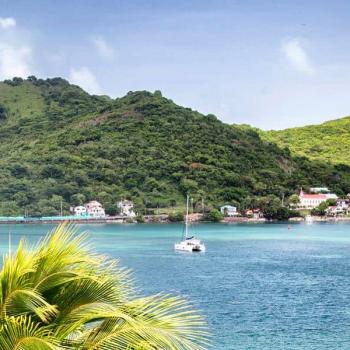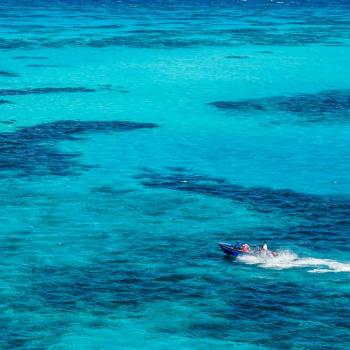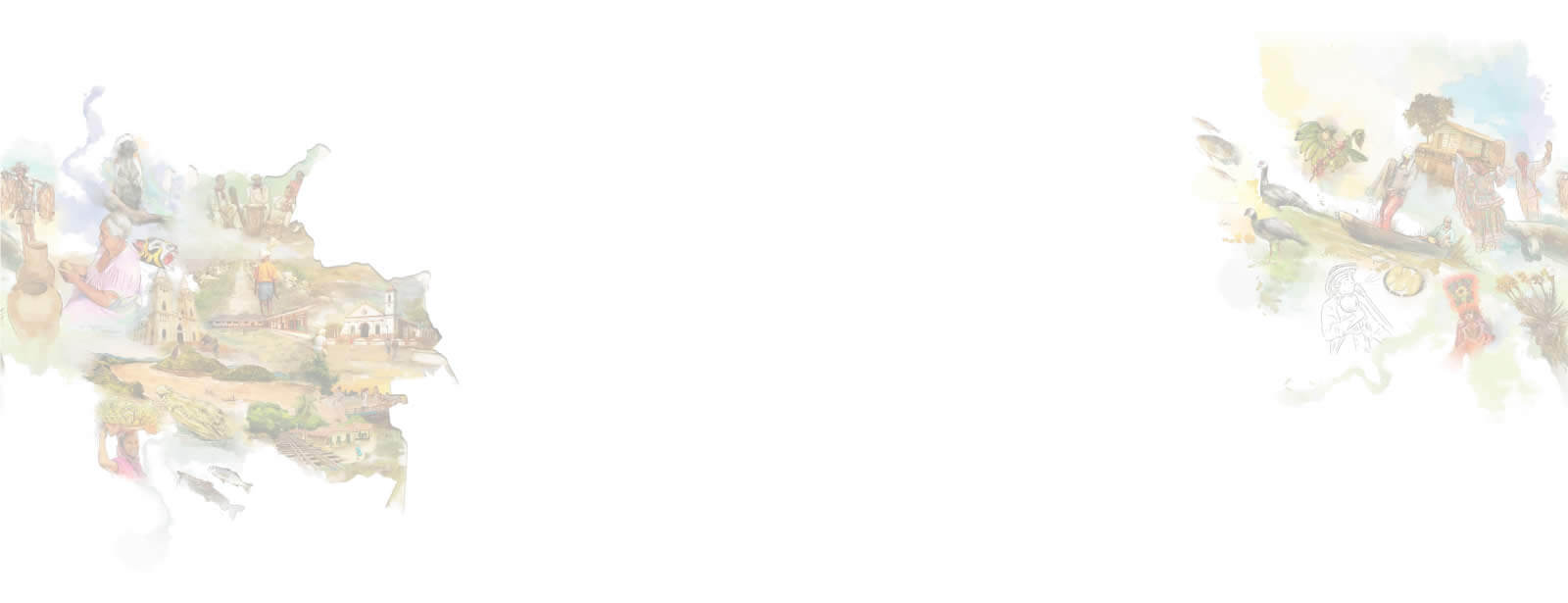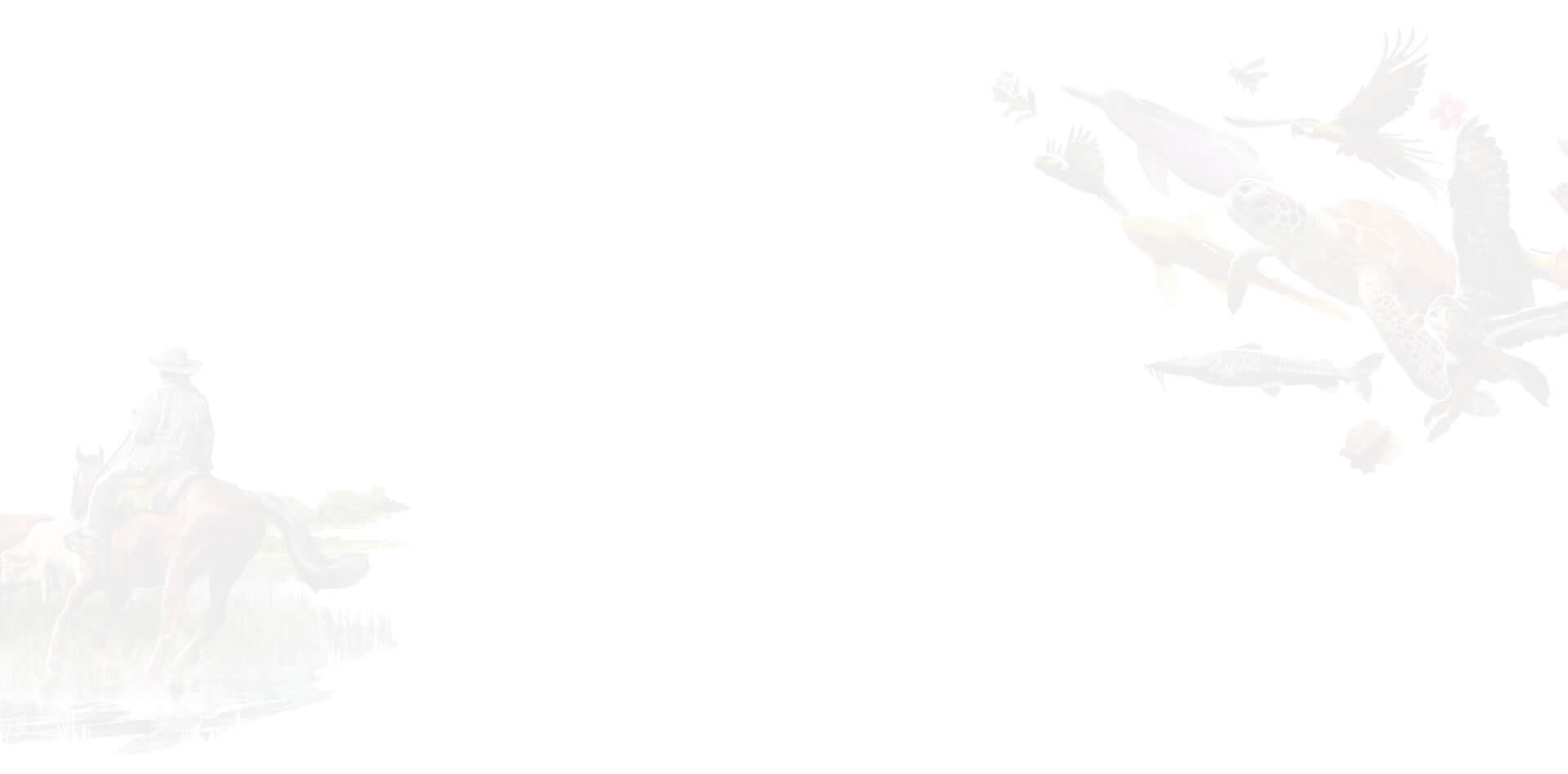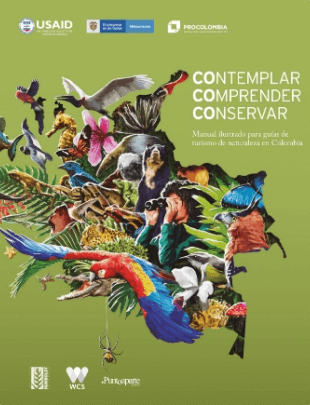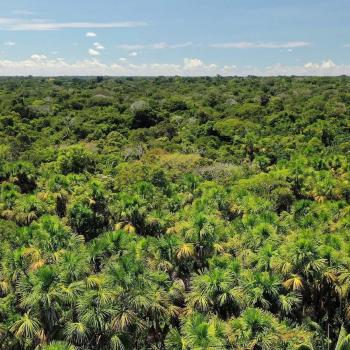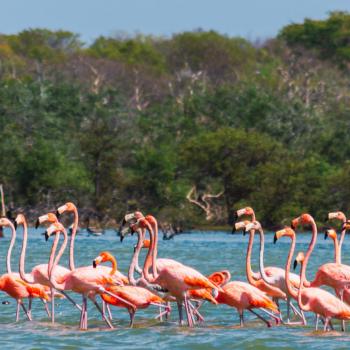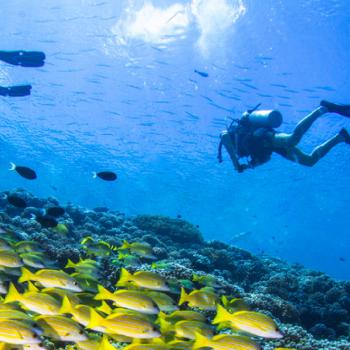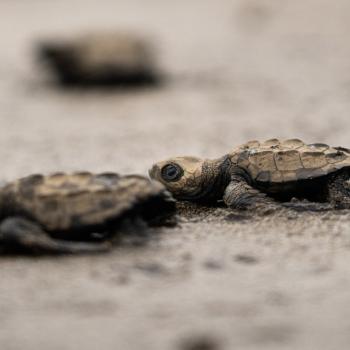The simplest experiences in life can always turn into the most extraordinary when they’re carried out with a deeper purpose that goes beyond mere personal enjoyment or entertainment. This is the philosophy that led to meaningful diving.
Thinking of others and humanity’s overall well-being, even when on leisure trips, will help us leave a positive mark on the world and make us active participants in the necessary change that’ll lead to a better future.
Diving with the purpose of caring for coral reefs
At the island of San Andrés, in Colombia’s northwestern archipelago of San Andrés, Providencia and Santa Catalina, you can participate in conservation efforts that aim at protecting the beautiful coral reefs of the Seaflower Biosphere Reserve.
A group of scientific experts and citizen’s science professionals guide visitors in a series of actions that make part of a wider project to reconstruct and preserve the health of coral reefs so that they may flourish for humanity and the world’s sake.
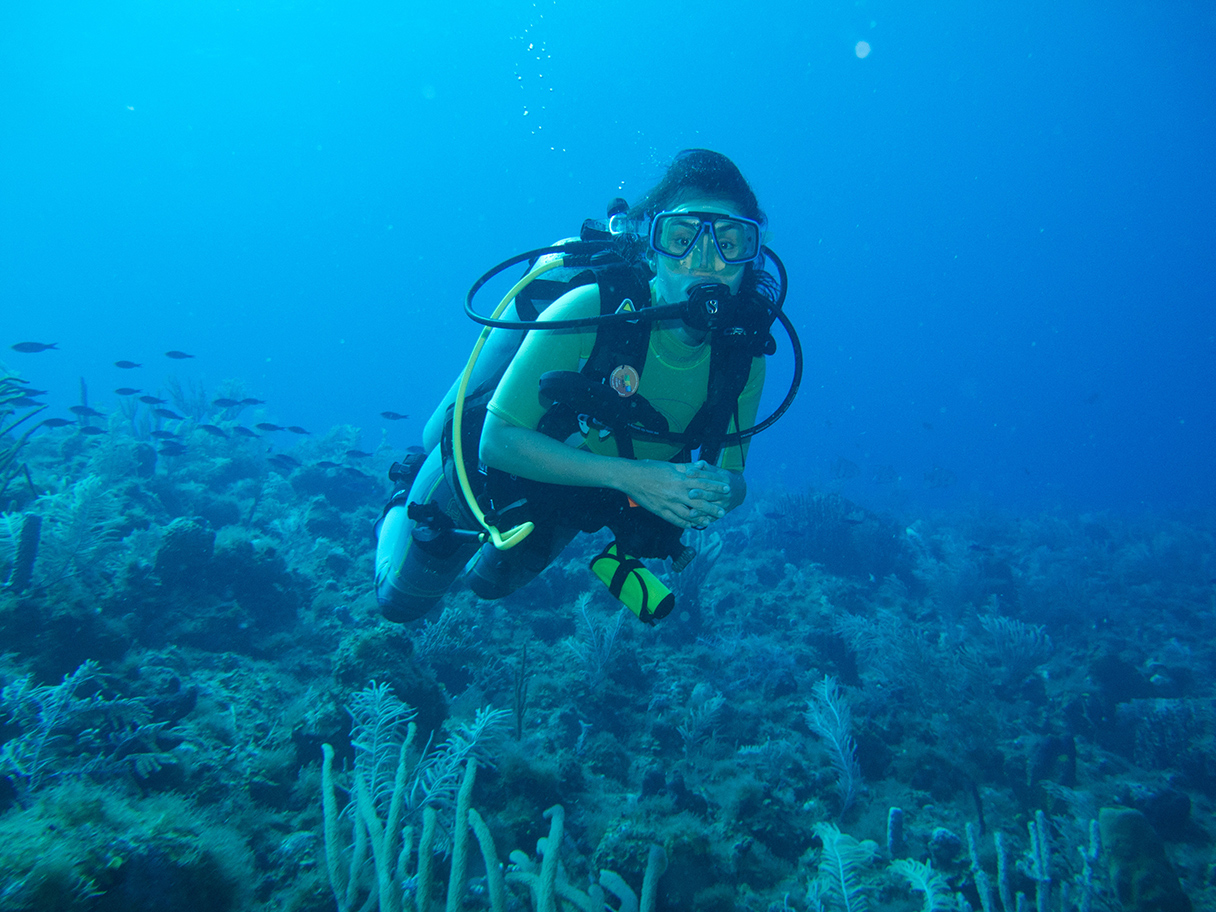
A tourist is diving into the blue sea of San Andrés. This is part of the diving activity.
Besides being colorful, living underwater museums with millions of years of history, as one of the world’s most complex and diverse ecosystems, coral reefs have a direct impact on human life. They don’t just provide abundant sources of food and breeding grounds for exotic tropical species, but also prevent coastal erosion and are key for local tourism-based economies.
However, these rich sources of life remain under near-constant threat of complete disappearance. Various factors such as pollution, damaging tourism practices, overfishing and global warming can negatively impact nearly a billion people that depend upon these habitats to survive.
Corales de Paz (Corals of Peace) is the organization that has charged itself with protecting coral reefs through meaningful diving, an activity that doesn’t just teach tourists about these threats, but also how they can have a clear and strong positive impact in reducing the damage everyday life inflicts on these habitats. They also make sure people understand that by saving reefs, they’ll be saving other people as well.
Through various identification, training and learning programs regarding corals and their health, visitors can choose between different courses and subjects that will guide each dive. By progressing through different levels, divers also move up in the identification, commitment and responsibility program. With each new level, Corales de Paz sends an e-card displaying the diver’s name and level in order to motivate others to join these marine conservation efforts.
Schedule of a unique experience
The coral restoration experience covers three different days at the very least. On the eve of your first session, you’ll be treated to a welcome dinner during which you’ll learn more about the island and its beautiful Sea of Seven Colors.
First thing in the morning the next day, you’ll be taken on a boat to a “coral nursery”, where you’ll get your first taste of “coral gardening”. After a tour around the island, you’ll be able to dive through the part of the reef that’s currently under restoration, where you’ll be taught how to transplant corals.
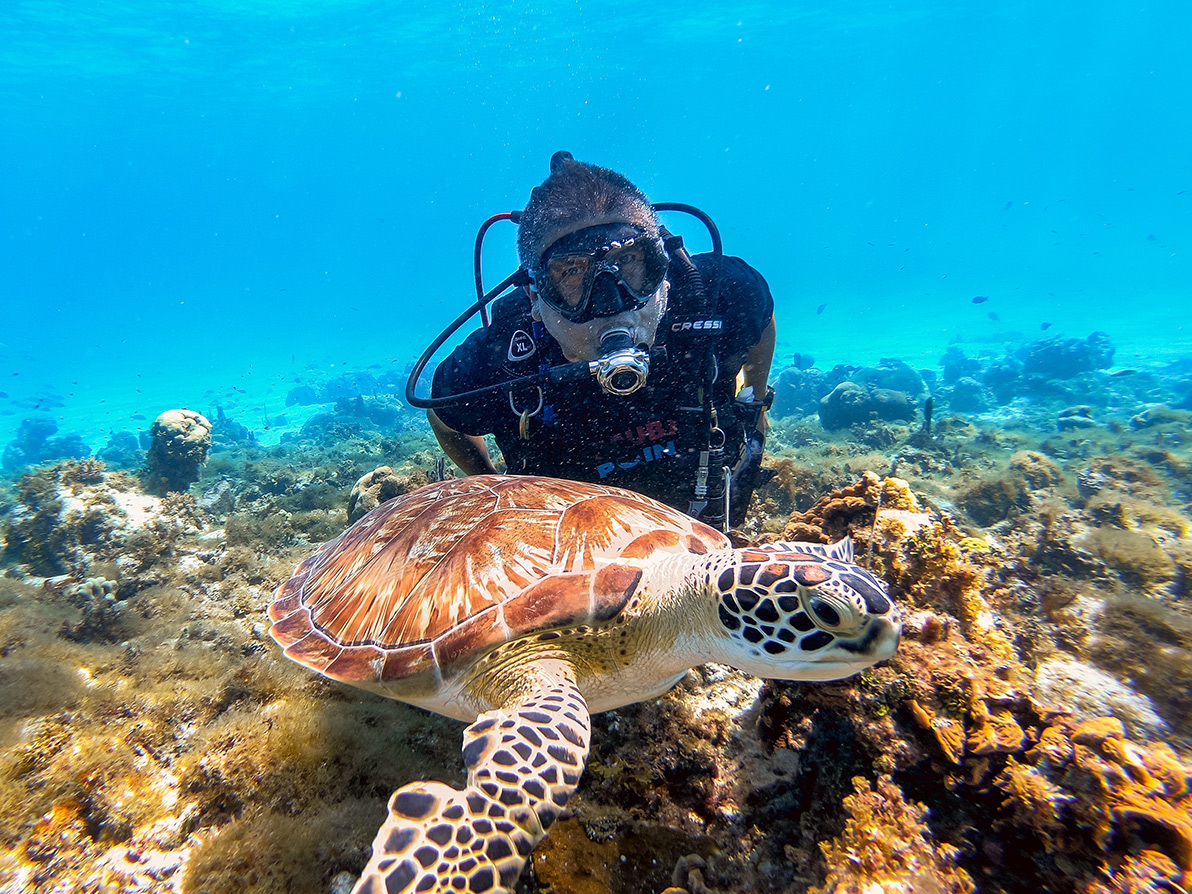
Lunchtime will feature traditional seafood-based dishes that’ll boost your energy during a nice get-together with other divers. Afterwards you’ll have the afternoon off to go enjoy the island freely and discover its Raizal culture.
At night, you and the other divers will be treated to an islander barbecue while the team goes through the overall restoration project. On the final day of your experience, you’ll get a tour of the island that ends at the airport or your hotel depending on whether or not you’re ready to leave just yet.
Working alongside these expert marine biologists won’t just leave you with a certificate of participation, but also with memories of a unique experience and a newly boosted motivation to join initiatives like meaningful diving and work towards marine conservation.
Through further theory lessons you can learn more about identification of coral and other marine species you’ll encounter in future dives, rendering each new experience all the more enjoyable.
Visiting San Andrés, falling in love with the island and its culture, and leaving behind a lasting restoration legacy in its beautiful coral reefs is a warm, wholesome experience that will make your visit to the archipelago a vacation unlike any other.








